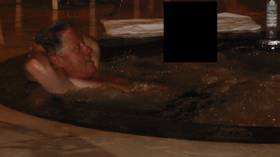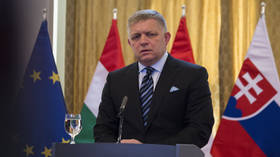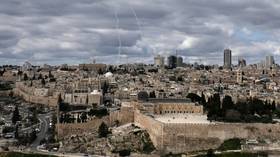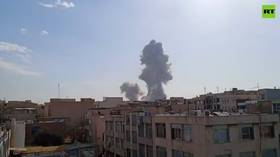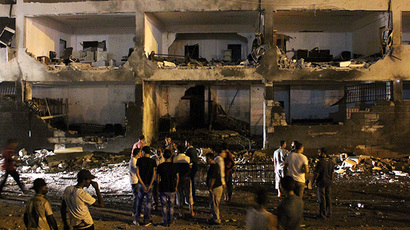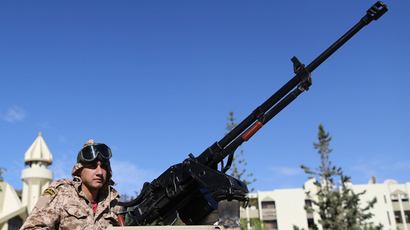Libya is epicenter of illicit arms trade – UN
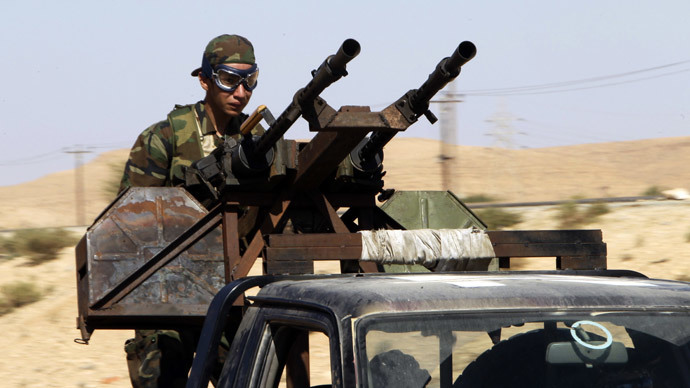
Libya has been named as the primary source of the illegal weapons trade that is fueling conflicts in at least 14 countries around the world, a final report from the UN's independent panel on Libya’s sanctions announced.
In a briefing to the United Nations Security Council (UNSC) on Monday, the Libya sanctions committee chair, Rwandan Ambassador Eugene Gasana, noted that the post-Gaddafi government is struggling to secure the country in which a number of armed tribal militias denounce Tripoli’s authority.
“The panel noted that the control of non-state armed actors over the majority of stockpiles in Libya as well as ineffective border control systems remained primary obstacles to countering proliferation and that Libya had become a primary source of illicit weapons, including MANPADs [portable air defense systems],” Gasana told the Council, as quoted by Reuters.
Unable to secure its borders, Libya has let weapons fall into the hands of radical elements on several continents, Gasana said.
“Transfers to 14 countries reflected a highly diversified range of trafficking dynamics; and that trafficking from Libya was fueling conflict and insecurity – including terrorism – on several continents,” he said.
As of now, three ports in the country are under full control of rebel groups. A special force has been ordered by the country’s parliament to be sent next week to “liberate” all rebel-held ports, which is crucial to sustaining Libya's oil-rich export economy that has been struggling to survive after the NATO invasion and regime change.
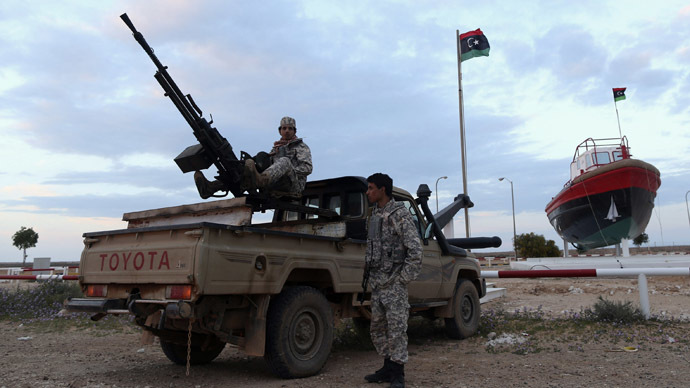
The UN arms embargo was enacted on Libya at the start of the unrest which eventually ousted former leader Muammar Gaddafi. Last year, non-lethal equipment was allowed to enter Libya when the UNSC eased its sanctions as the UN cautioned Tripoli against the spread of weapons to nearby states.
The UNSC insisted that Libyan authorities improve their monitoring record of arms supplied, sold, or transferred to the government with the approval of the UN sanctions committee. The panel found a number of violations of the arms embargo, such as “non-notified” transfers of arms to government security forces and transfers of weapons to the private market, Gasana said.
Gasana also pointed out that UN experts discovered that some countries need better legislative capacity to induce sanctions and implement asset freezes of the UNSC-generated list of individuals.“One instance resulted in the dissipation of almost $2 million in funds that should have been frozen,” Gasana said.
Meanwhile, Libya's UN envoy noted that exporting parties should bear responsibility when supplying Libyan authorities with arms.
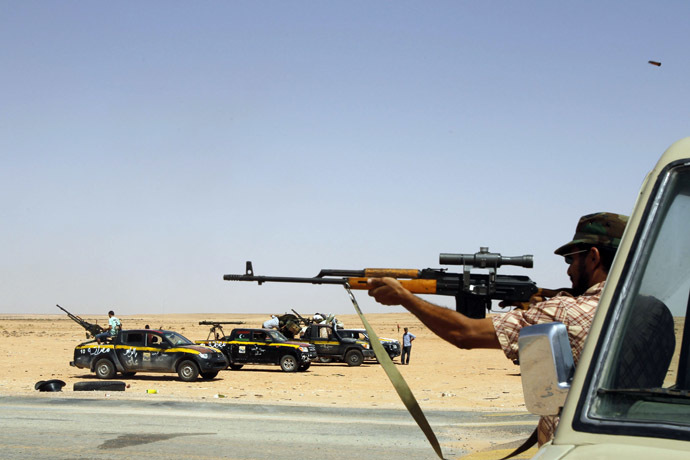
“Any request for approval for exporting weapons to Libya that is not done via the Libyan mission at the UN or with the knowledge of this mission would be considered a request from a party that does not belong to the Libyan government,” Ambassador Ibrahim Dabbashi told the Security Council.
“The exporting party shall bear the responsibility for that before the Security Council,” he added.
In the meantime, the head of the UN Support Mission in Libya (UNSMIL) warned the 15-member body that Libya faces increased violence.
“Libya faces the risk of embarking on a new trajectory of unprecedented violence,” as security and political divisions deteriorate, Tarek Mitri told the UNSC.
Mitri pointed to the surge of attacks in Sabha, located in the south of the country, which resulted in over 100 civilian deaths – including children – and the displacement of hundreds of families as well as shortages of food, fuel, and medical supplies. In the east, targeted assassinations, bombings, and kidnappings around Benghazi have reached “intolerable” levels.
“Intense efforts to resolve differences and negotiate an agreement on the management of the transitional period, including the future of the General National Congress and the Government, have not succeeded in bringing an end to the divisions that have paralyzed the political process,” noted Mitri.
An “alarming” rise in attacks on journalists has also been witnessed in recent months, Mitri told the Council, with TV stations in Tripoli and Benghazi vandalized and a number of journalists abducted.


